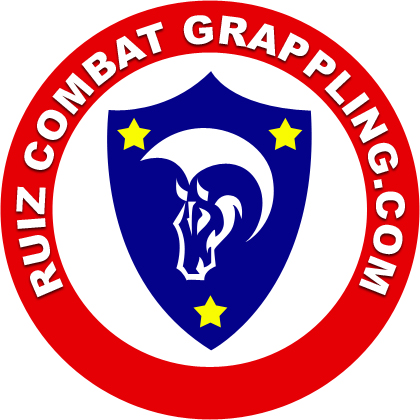you completely stalled and not making the progress you want and deserve? Have
you been training at the same gym in the same way hoping that eventually things
will get better for you?
I understand exactly how that feels. Over my 20 plus years in the trenches as
an athlete I have certainly gone through this scenario on several
occasions. At times they went from a simple slump in motivation to a full
on landslide of doubt and frustration. It was sometimes very difficult to turn
the ship around and get back on course.
Over the years I learned that I needed to be aware of two main things when
times like these arose. 1. I needed to be aware that I needed to make a change
or adjustment to my approach and 2. I needed to be careful not to change too
much all at once.
One of the most critical success principles for an athlete is being
consistent in regards to training and level of their performance. This can
become tricky when you’re going through a sticking point in your progress. You
have got to determine how you can make improvements with the least amount of
changing variables. This is no easy task.
Asking questions and getting feedback from a coach or advanced level team
mate can help tremendously. A good coach or instructor can make a night and day
difference for your game. It is much easier to have someone point out the
immediate problems and then you can get to work on the solution.
Without a coach it can be more difficult, but not impossible. If you don’t
have the luxury of a coach to guide you then you must learn to be your own
coach. You must be willing to analyze your game more than you have in the past
and find solutions to those problems yourself.
The hard part with changing up your training is not in the change itself but
in knowing what not to change. In cases like this it is more difficult to
determine what is working correctly and understanding why it is working than it
is to overhaul a stale routine.
The best way to make the best changes to any training program is to do the
following:
1. Keep detailed journals of your daily training sessions. Log
what you did and who you trained with. Log how you performed with and against
that particular opponent. Log which or your moves worked and which didn’t and
vice versa for you opponent.
2. Ask a coach or advanced team mate for
critiques and suggestions. Have them watch you spar with one of your team mates
and help point out both your strong and weak points. Their advice can go a long
way.
3. Never make too many changes at once. The more variables you introduce
into the equation the more difficult it will be to isolate which ones are
working and which ones are not.
Change is not easy. It can be hard but is often necessary in order to make
progress as an athlete. Follow these simple guidelines and you will have a big
advantage over your competition and you will progress much faster.
 RSS Feed
RSS Feed

